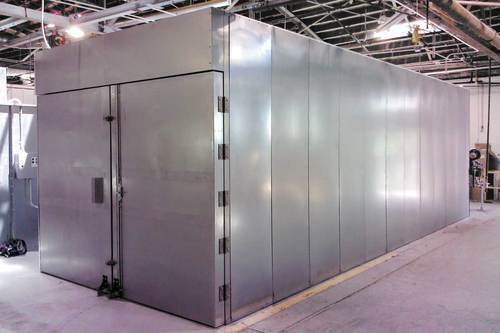
Image Source – Google
When it comes to supporting your digestive system, there are various options available on the market, including digestive enzyme supplements. These supplements can help improve digestion and nutrient absorption, leading to better gut health. Two popular forms of digestive enzyme supplements are syrup and capsules. In this article, we will explore the differences between syrup and capsules and help you determine which option may be best for your gut health.
The Benefits of Digestive Enzymes
Digestive enzymes play a crucial role in breaking down food into nutrients that can be absorbed by the body. They help with the digestion of proteins, carbohydrates, and fats, ensuring that your body can efficiently extract the essential nutrients it needs for optimal functioning. Here are some benefits of incorporating digestive enzymes into your routine:
- Improves digestion and nutrient absorption
- Reduces bloating and gas
- Supports overall gut health
- May alleviate symptoms of digestive disorders like irritable bowel syndrome (IBS) and acid reflux
- Enhances energy levels and overall well-being
Syrup Digestive Enzymes
Syrup digestive enzymes are liquid formulations that are typically taken orally before meals to aid digestion. Here are some key points to consider when it comes to syrup digestive enzymes:
Pros:
- Easy to swallow, especially for individuals who have difficulty swallowing capsules
- Quick absorption by the body
- Can be added to beverages or food for easy consumption
- May provide faster relief for digestive issues
Cons:
- May have a strong taste or odor
- Require refrigeration after opening
- Less convenient for on-the-go use
- May not be as concentrated as capsule formulations
Capsule Digestive Enzymes
Capsule digestive enzymes are encapsulated formulations that are taken orally with water before meals. Here are some key points to consider when it comes to capsule digestive enzymes:
Pros:
- Convenient and easy to take on-the-go
- May have a higher concentration of enzymes per dosage
- No strong taste or odor
- Do not require refrigeration
Cons:
- May be difficult to swallow for some individuals
- Slower absorption compared to syrup formulations
- Not suitable for individuals with swallowing difficulties
- May take longer to provide relief for digestive issues
Which Option Is Best for Your Gut Health?
When deciding between syrup and capsules for your digestive enzyme supplement, it ultimately comes down to personal preference and lifestyle factors. Here are some points to consider when choosing the best option for your gut health:
- If you prefer convenience and easy intake on-the-go: Capsule digestive enzymes may be the better option for you.
- If you have difficulty swallowing capsules: Syrup digestive enzymes may be more suitable for your needs.
- If you prefer a faster-acting solution: Syrup digestive enzymes may provide quicker relief for digestive issues.
- If you are looking for a more concentrated formulation: Capsule digestive enzymes may offer a higher concentration of enzymes per dose.
- If you want a versatile option that can be added to beverages or food: Syrup digestive enzymes can be easily mixed with your favorite drinks or meals.
Consult Your Healthcare Provider
Before incorporating any new supplement into your routine, it is essential to consult with your healthcare provider, especially if you have any underlying health conditions or are taking medications. Your healthcare provider can provide personalized recommendations based on your specific needs and help you determine the best option for your gut health.









